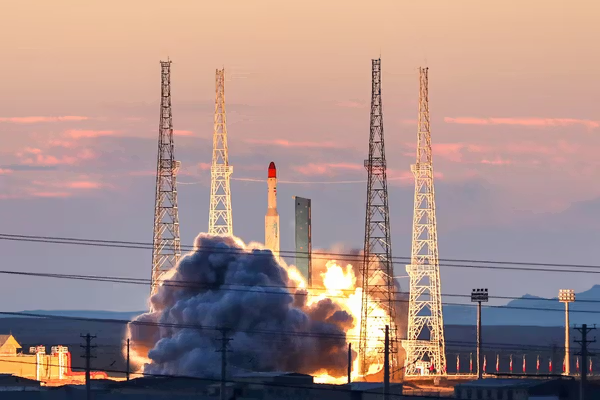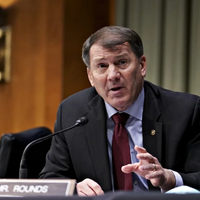The report, revealing that Shakarami, 16, was sexually assaulted and killed by members of the Islamic Republic's security forces amid the nationwide uprising sparked by the death in morality-police custody of Mahsa Amini in 2022. Shakarami's death followed last year.
According to the report, BBC World accessed a "highly confidential" document showing that three security personnel were directly involved in the sexual assault and murder of Shakarami.
The document, based on statements from the security forces, includes names of the perpetrators and senior commanders who concealed the details of the crime. It describes how one officer physically restrained Shakarami, while she resisted, ultimately provoking a brutal response with batons.
Prominent figures such as Prince Reza Pahlavi have subsequently been vocal on platforms such as X (formerly Twitter), condemning the systematic abuse and calling for international accountability. "Ali Khamenei's thugs are waging a campaign of systematic sexual assault against Iranian women and protesters. This is a crime against humanity, and the international legal community must hold the perpetrators, primarily Khamenei, accountable," Pahlavi stated. He also encouraged all Iranians to stand in solidarity with the women of Iran against this organized aggression.
Amid the peak of the uprising, over 550 protesters were killed by Iran's security forces with Iran's Me Too movement finding that sexual abuse is systematically used against women, until today.
Hamed Esmaeilion, another prominent critic of the regime, echoed the sentiment of no forgiveness or forgetting, promising that Shakarami's killers would face punishment. Similarly, Masih Alinejad, a journalist and political activist, stressed the need to not only identify but expose the assailants, emphasizing the orchestrated nature of the crime and its profound implications.
Abdollah Mohtadi, Secretary-General of the Komala Party of Iranian Kurdistan, pointed to the murder as a stark indicator that the only resolution to the ongoing oppression and brutality, which has led to global sanctions, is the complete dismantling of the regime and its ideological foundations.
Gohar Eshghi, mother of Sattar Beheshti, a blogger who was killed in 2012 under torture in custody, wrote: "The entire world sees the document of crime and lies of the Islamic Republic. As I have said before, the only way for the happiness of the Iranian nation and justice-seeking is the fall of the Islamic Republic and holding a trial for each of these criminals."
In February, a document obtained from a hack of the judicial systems of the Islamic Republic confirmed the rape of Nika before her murder.
According to the document, which was written by Abbas Masjedi Arani, head of the Forensic Medicine Organization, addressed to the Supreme National Security Council, it stated, "In the genital examination, signs indicating assault or rough sexual intercourse were evident."
Shakarami's family found her body in a morgue nine days after her disappearance, while authorities claimed she had committed suicide.










